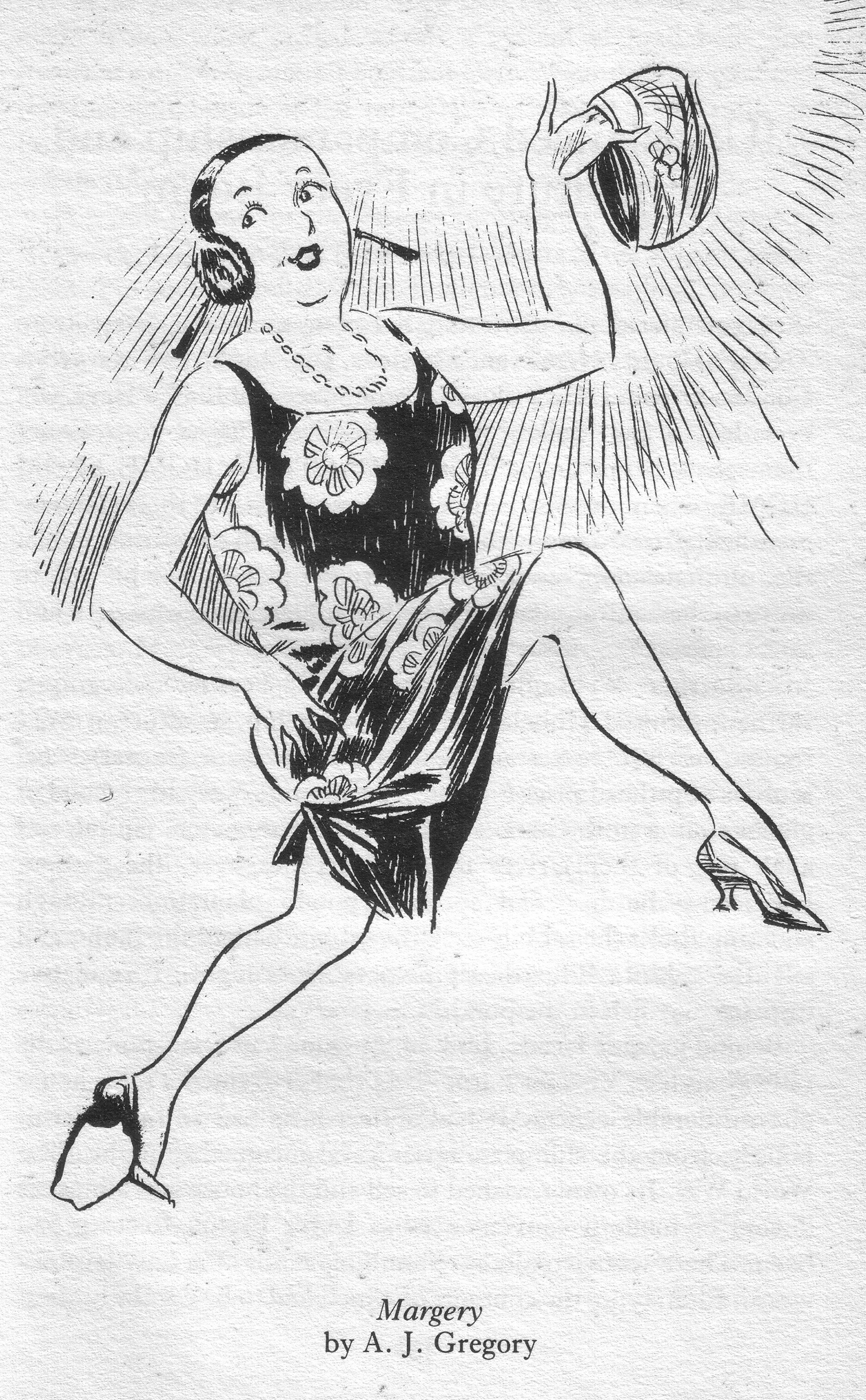
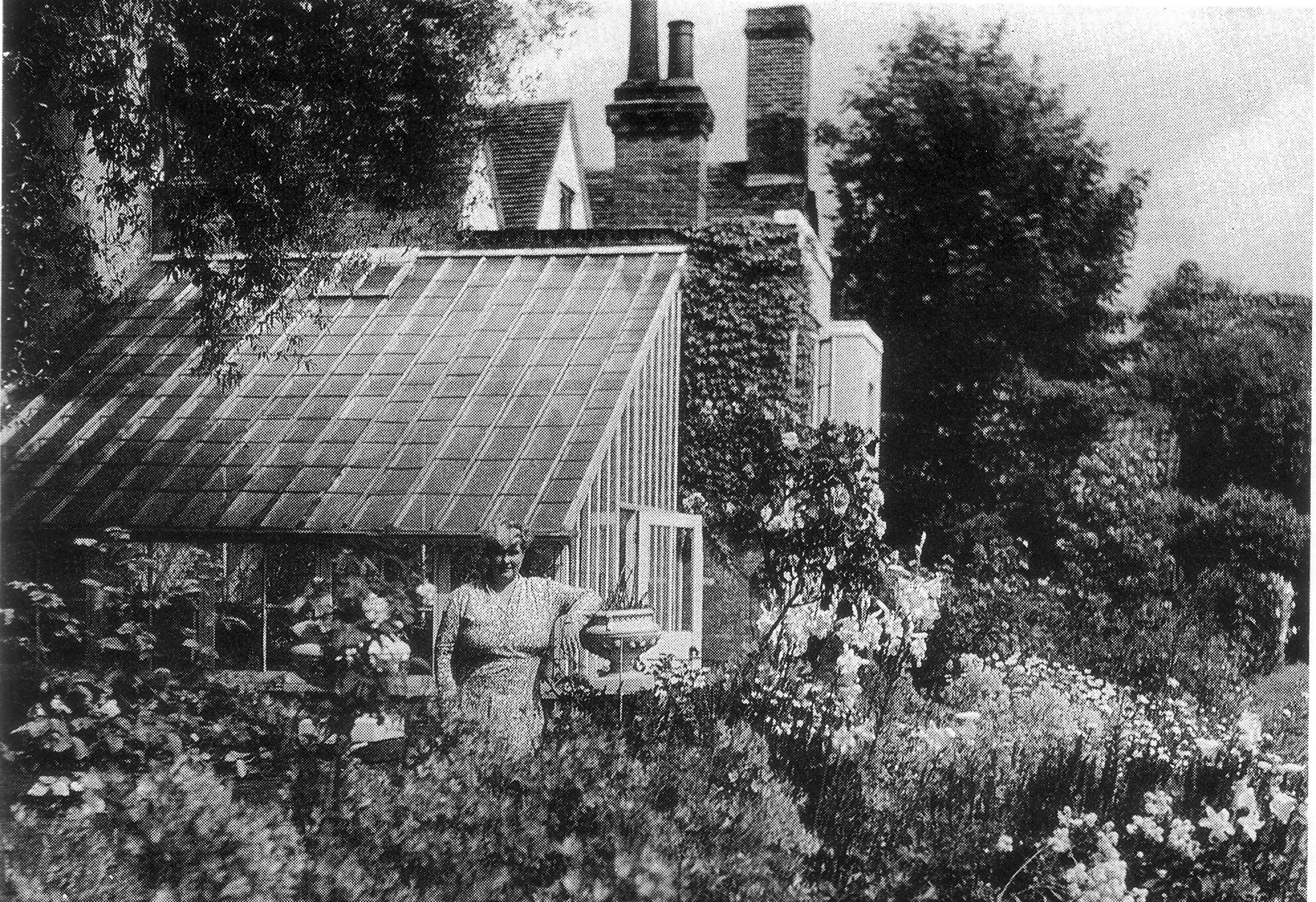
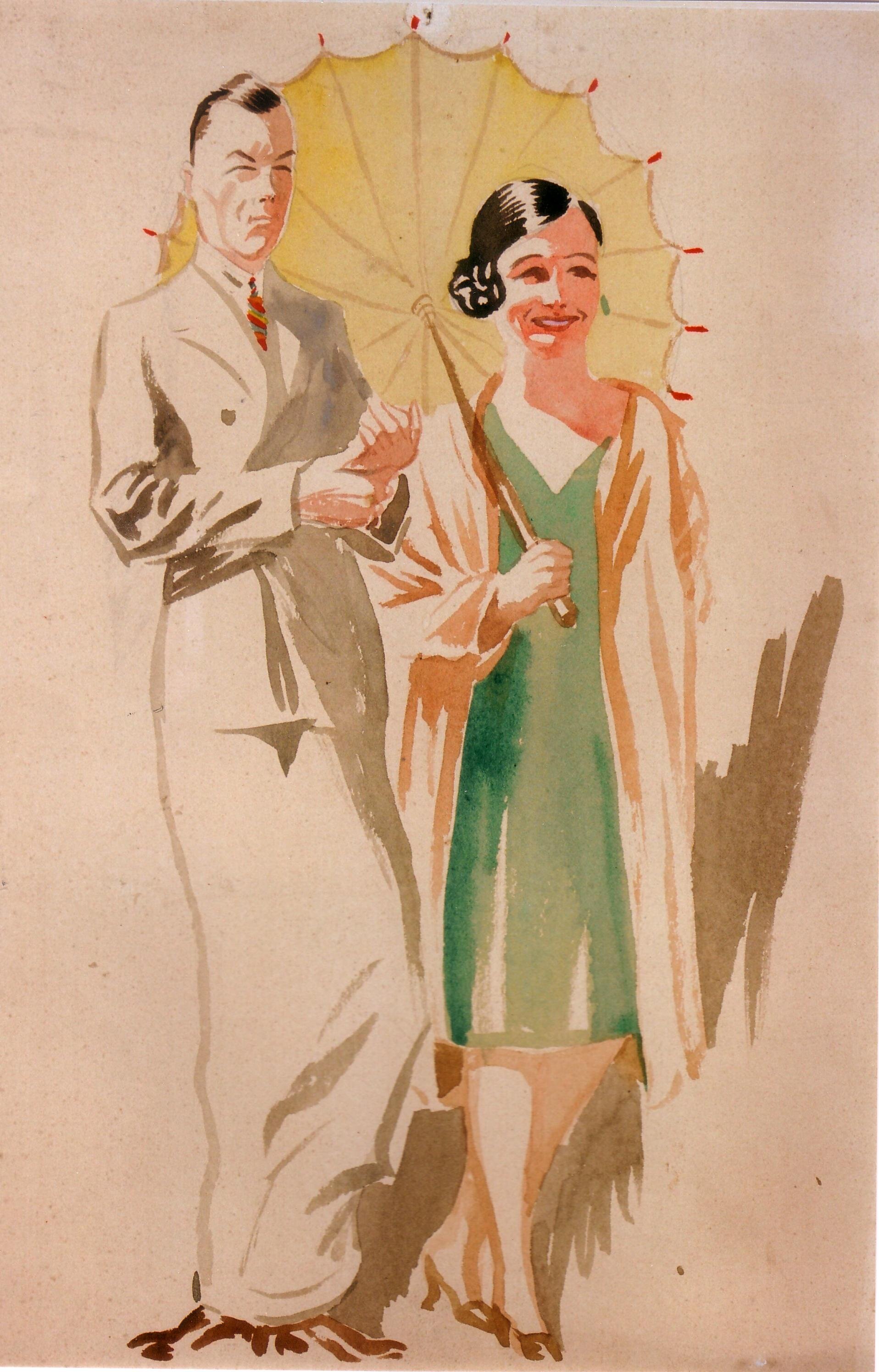
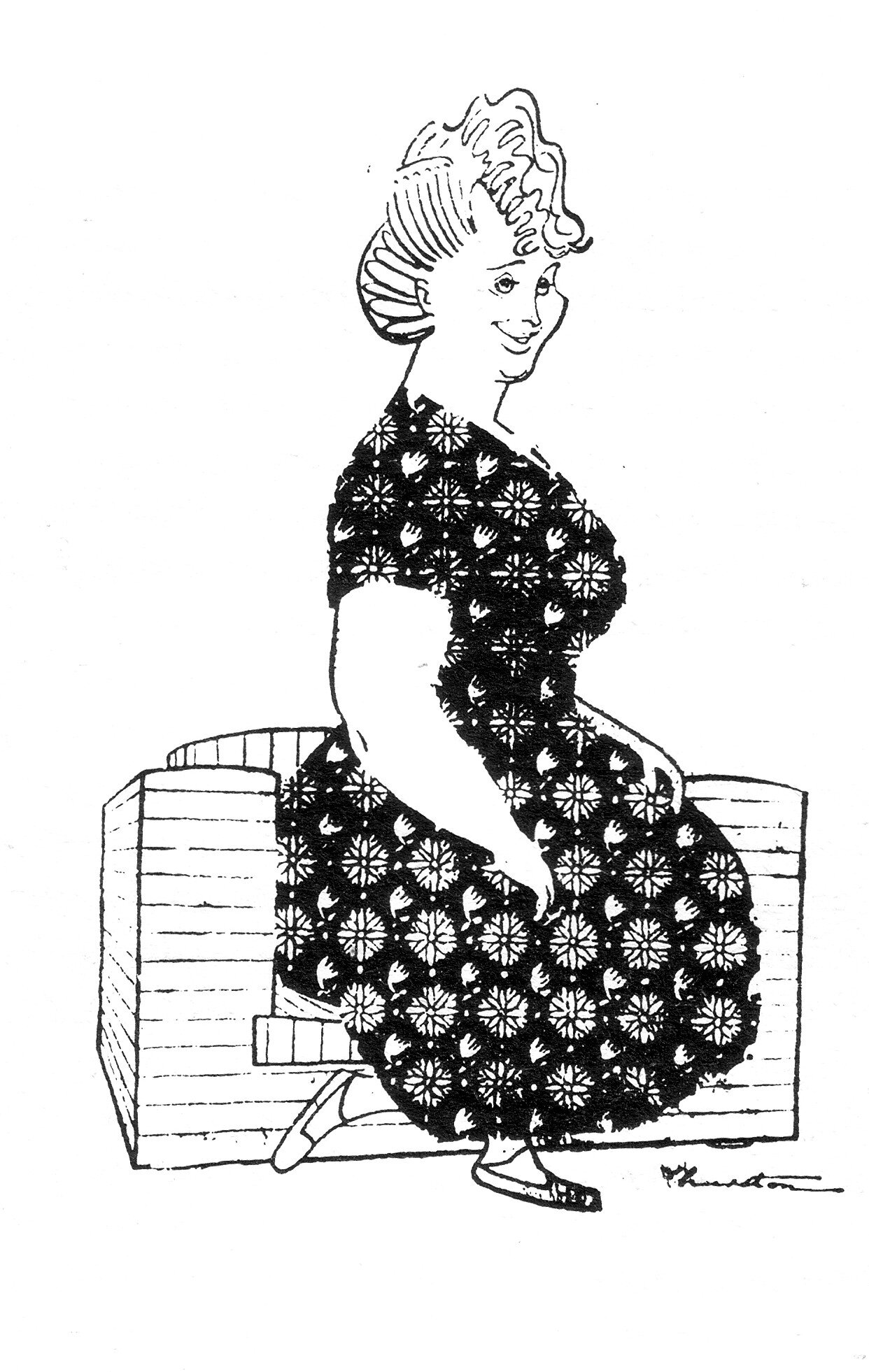

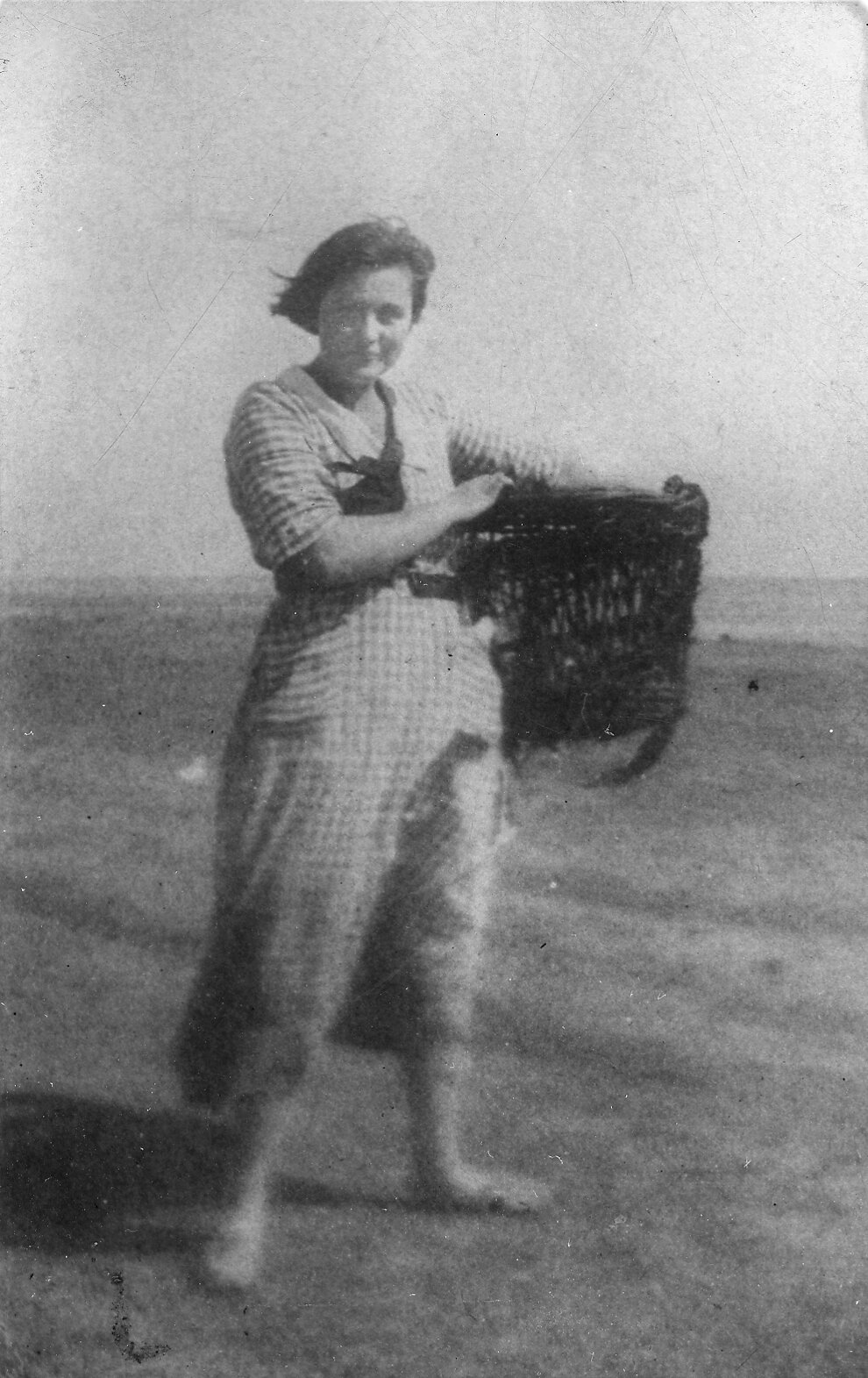
Margery Allingham (1904 - 1966) was one of Britain’s leading detective novelists of crime fiction’s ‘Golden Age’. Her series detective Albert Campion can be considered together with other gentleman sleuths such as Dorothy L Sayers’s Lord Peter Wimsey and Ngaio Marsh’s Roderick Alleyn. Many connoisseurs consider Allingham to have been a more technically inventive writer than either of those contemporaries. It’s well worth reading her Campion novels in chronological order to watch them develop from the humourous, slightly zany Suffolk romps such as Mystery Mile (1930) and Sweet Danger (1933) to the chilling suspense of Tiger in the Smoke (1952) and Hide My Eyes (1958) and on to the experimental The Mind Readers and her final, unfinished novel Cargo of Eagles (1968) which was completed by her husband, Pip Youngman Carter, after her death.
Margery is a supremely stylish writer with an individual, not to say idiosyncratic, view of life. Her language is allusive and metaphorical with frequent shrewd and humourous asides. Occasionally this can slow the narrative action, as she recognised herself when she took 29,000 words out of her 1938 novel The Fashion in Shrouds when it was re-published for a new readership in the mid 1960s. In characteristic language she said that she found “too many carefully hemmed turnings not to mention feather-stitching all the way down the seams.” Margery loved sewing and presented herself as supremely content with her domestic existence in Essex. She revelled in her beautiful garden and welcomed friends, family and business colleagues to parties which might centre round a cricket match or have a fancy dress theme. They were Margery’s excuse to stop working and enjoy the lifestyle that her books had earned.
One of Margery’s novels The Beckoning Lady (1954) uses a rural party as its setting. Preparations for marketing- and publicity-conscious fun teeter on the verge of mania while the corpse upstream, caught only by a fragile barrier of sodden rushes, threatens at any moment to break free and ruin the carefully staged entertainments. Few of Margery’s friends suspected that her own health and happiness was becoming increasingly precarious as her body aged and her responsibilities never diminished. Her sister Joyce was saddened when she read Margery’s diaries afer her death and realised how much anxiety and frustration had lain submerged beneath the smiling surface. Margery’s happiness was not completely fake but it was a considerably more complex achievement than it seemed. Her father, Herbert Allingham, described her as ‘a curiously sane girl’ but later in life she struggled against bi-polar depression and obesity and had to come to terms with her husband's chronic infidelity.
The Margery Allingham Society exists to celebrate Margery’s life and work. Her Campion novels have been published in many countries and in different editions. Currently most are in print with Vintage paperbacks. Audio versions are available from Hachette.


